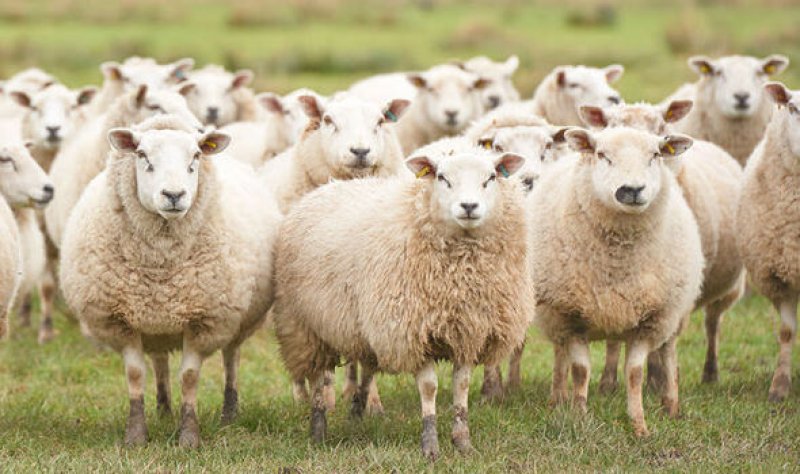Professor David Hume of the University of Edinburgh’s Roslin Institute studies sheep, and says that fresh insights into their genetic code could help farmers produce healthier flocks.
Scientists have mapped which of the 20,000 different genes found in a sheep are turned on and off in the different tissues and organs in a sheep’s body, leading to greater knowledge of the links between immunity and meat quality.
…
Researchers at the University of Edinburgh’s Roslin Institute analysed the total RNA produced in each tissue of the sheep’s body.
Their results represent a major step towards understanding how the sheep’s genetic information influences its physical traits.
The findings also shed light on the function of hundreds of genes whose role was previously unknown.
An online database has been created from the results, which is freely accessible to scientists working anywhere in the world. The researchers hope this resource will help to further understanding of the sheep’s genetic make-up.
The project is a major contribution to the global Functional Annotation of ANimal Genomes (FAANG) initiative.
The GLP aggregated and excerpted this article to reflect the diversity of news, opinion and analysis. Read full, original post: Roslin Institute announce breakthrough in sheep genetics































